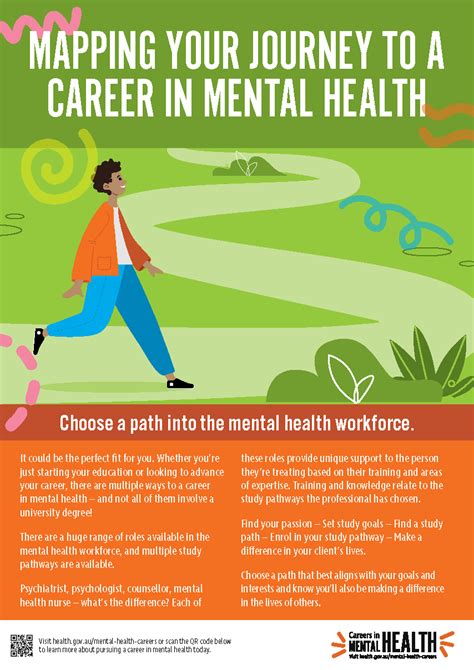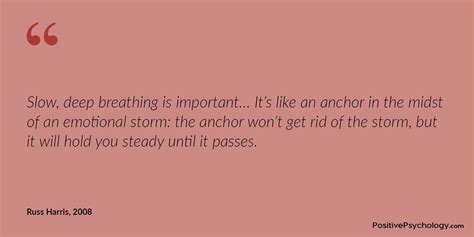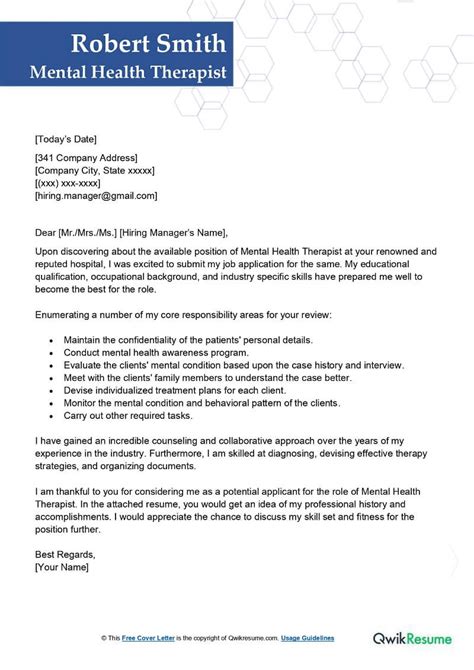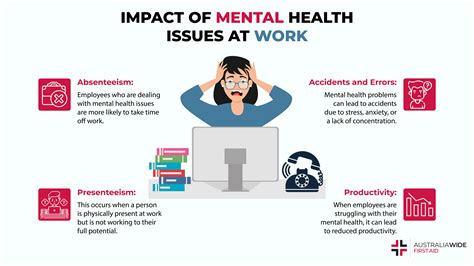5 Mental Health Careers

Introduction to Mental Health Careers

Mental health careers are in high demand, and for good reason. The importance of mental health has become increasingly recognized, and the need for professionals who can provide support and care has grown. If you’re considering a career in mental health, you’re not alone. Many people are drawn to this field because of its rewarding nature and the opportunity to make a real difference in people’s lives. In this article, we’ll explore five mental health careers that you may find interesting.
1. Clinical Psychologist

A clinical psychologist is a professional who works with patients to diagnose and treat mental health issues. They use a variety of techniques, including therapy and counseling, to help patients manage their symptoms and improve their overall well-being. Clinical psychologists may work in private practice, hospitals, or clinics, and they often specialize in specific areas, such as child psychology or neuropsychology. To become a clinical psychologist, you’ll typically need to earn a doctoral degree in psychology and complete an internship or residency program.
2. Mental Health Counselor

A mental health counselor is a professional who works with patients to help them manage their mental health issues. They may work in private practice, hospitals, or clinics, and they often specialize in specific areas, such as addiction counseling or trauma counseling. Mental health counselors use a variety of techniques, including therapy and counseling, to help patients manage their symptoms and improve their overall well-being. To become a mental health counselor, you’ll typically need to earn a master’s degree in counseling or a related field and complete an internship or residency program.
3. Psychiatric Nurse Practitioner

A psychiatric nurse practitioner is a professional who works with patients to diagnose and treat mental health issues. They may work in hospitals, clinics, or private practice, and they often specialize in specific areas, such as child psychiatry or geriatric psychiatry. Psychiatric nurse practitioners use a variety of techniques, including medication management and therapy, to help patients manage their symptoms and improve their overall well-being. To become a psychiatric nurse practitioner, you’ll typically need to earn a master’s degree in nursing and complete an internship or residency program.
4. Substance Abuse Counselor

A substance abuse counselor is a professional who works with patients to help them manage their addiction issues. They may work in private practice, hospitals, or clinics, and they often specialize in specific areas, such as addiction counseling or trauma counseling. Substance abuse counselors use a variety of techniques, including therapy and counseling, to help patients manage their symptoms and improve their overall well-being. To become a substance abuse counselor, you’ll typically need to earn a certificate or associate’s degree in counseling or a related field and complete an internship or residency program.
5. Social Worker

A social worker is a professional who works with patients to help them manage their mental health issues. They may work in private practice, hospitals, or clinics, and they often specialize in specific areas, such as child welfare or gerontology. Social workers use a variety of techniques, including therapy and counseling, to help patients manage their symptoms and improve their overall well-being. To become a social worker, you’ll typically need to earn a bachelor’s degree in social work or a related field and complete an internship or residency program.
💡 Note: These careers often require additional certifications or licenses, so be sure to research the specific requirements for your state or country.
Some key skills and qualities that are necessary for a career in mental health include: * Empathy: The ability to understand and relate to patients’ experiences and emotions. * Communication: The ability to effectively communicate with patients, families, and other healthcare professionals. * Critical thinking: The ability to analyze complex information and make informed decisions. * Cultural competence: The ability to work with patients from diverse backgrounds and cultures. * Resilience: The ability to manage stress and maintain a healthy work-life balance.
Here is a table summarizing the education and training requirements for each of these careers:
| Career | Education | Training |
|---|---|---|
| Clinical Psychologist | Doctoral degree in psychology | Internship or residency program |
| Mental Health Counselor | Master’s degree in counseling or a related field | Internship or residency program |
| Psychiatric Nurse Practitioner | Master’s degree in nursing | Internship or residency program |
| Substance Abuse Counselor | Certificate or associate’s degree in counseling or a related field | Internship or residency program |
| Social Worker | Bachelor’s degree in social work or a related field | Internship or residency program |

In terms of job outlook, the Bureau of Labor Statistics predicts that employment of mental health professionals will grow significantly in the coming years. This is due in part to the increasing recognition of the importance of mental health, as well as the growing need for professionals who can provide support and care.
As we reflect on these five mental health careers, it’s clear that each one plays a vital role in supporting the mental health and well-being of individuals and communities. Whether you’re interested in working as a clinical psychologist, mental health counselor, psychiatric nurse practitioner, substance abuse counselor, or social worker, there are many ways to make a positive impact in this field. By pursuing a career in mental health, you can help to improve the lives of others and make a real difference in the world.
What is the most rewarding part of a career in mental health?

+
The most rewarding part of a career in mental health is the opportunity to make a positive impact on people’s lives. Mental health professionals have the ability to help individuals manage their symptoms, improve their overall well-being, and achieve their goals.
What are the most common challenges faced by mental health professionals?

+
Mental health professionals often face challenges such as high stress levels, limited resources, and the emotional demands of working with patients who are struggling with mental health issues. Additionally, mental health professionals may face challenges related to burnout, compassion fatigue, and secondary trauma.
How can I get started in a career in mental health?

+
To get started in a career in mental health, you can begin by researching the different types of mental health careers and their education and training requirements. You can also gain experience by volunteering or interning at mental health organizations, and by pursuing certifications or licenses in your state or country.



